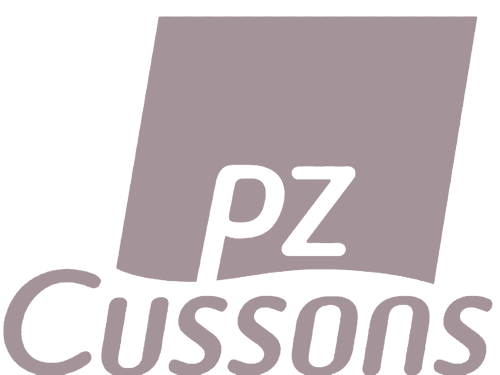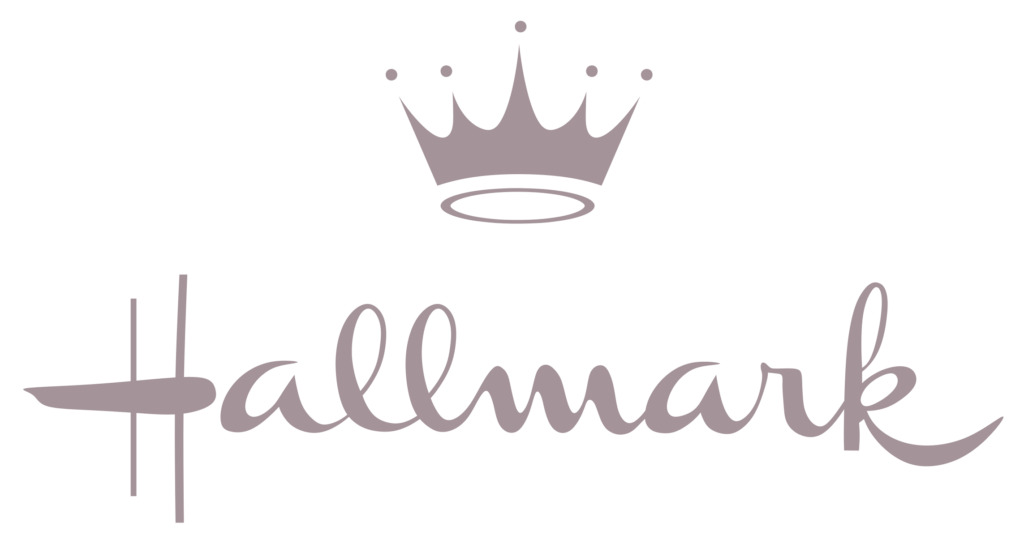Produits de grande consommation
Le secteur des produits de grande consommation est en forte mutation. Son modèle traditionnel, fondé sur une marque forte de stature internationale, la recherche d’économies d’échelle et des relations étroites avec les distributeurs, se voit aujourd’hui remis en cause par :
- L’émergence de nouvelles générations de consommateurs moins sensibles aux discours des marques,
- L’apparition de tendances autour du « bien-être »,
- Le développement rapide des petites marques,
- La nécessité d’interagir rapidement et directement avec les consommateurs par le biais des nouvelles technologies.
Par ailleurs, une gestion des opérations efficace, à l’ère des nouvelles technologies, repose sur une parfaite visibilité et une maîtrise de tous les aspects de la supply chain, des fournisseurs jusqu’aux consommateurs, ce que nos consultants spécialisés en retail sont à même de mettre en lumière.
Les défis du secteur de la Grande Consommation
Dans cet environnement hautement compétitif et dynamique, les entreprises doivent devenir plus agiles que jamais. La clé du succès repose sur leur capacité à répondre rapidement aux besoins changeants des consommateurs. La maîtrise de la supply chain s’avère elle aussi toujours plus complexe, en raison :
- De l’augmentation du coût des matières premières
- Des ressources comparativement plus restreintes du fait de la croissance démographique
- De l’élévation des niveaux de vie et donc de la consommation par habitant
- Des contraintes législatives et fiscales destinées à faire évoluer le comportement des consommateurs dans une perspective de développement durable
D’une part, la demande de produits frais de qualité supérieure augmente, et d’autre part, les consommateurs sont de plus en plus soucieux des coûts et recourent volontiers aux promotions.
L’émergence de nouveaux marchés est susceptible de modifier considérablement la demande mondiale. Dans le même temps, sur leurs marchés traditionnels, les industriels doivent répondre aux exigences nouvelles de leurs distributeurs, notamment le développement des commerces de proximité et la vente directe au consommateur.
Pour améliorer son bilan environnemental et réduire son impact, le secteur dans son ensemble investit dans l’innovation, accompagné par des experts du en conseil en grande consommation et grande distribution. La segmentation des produits et leur « premiumisation » impacte directement le process NPD (New Product Development) ainsi que la gestion du cycle de vie des produits.
Par ailleurs, de plus en plus de données sont accessibles aux marques. Pour celles en mesure de les analyser efficacement, cela permet de répondre plus rapidement aux attentes des clients et d’identifier des ventes additionnelles. Autant de changements à prendre en compte par les acteurs du secteur.
Ce que notre cabinet de conseil peut faire pour vous permettre relever les défis liés au secteur de la Grande Consommation
Argon & Co accompagne plusieurs des principaux acteurs de la Grande Consommation dans le déploiement d’organisations agiles et l’optimisation de leur excellence opérationnelle. Nous aidons ainsi nos clients à définir leur stratégie dans le domaine des opérations end-to-end et à mettre en œuvre cette transformation.
Digital
- IA (prévision des ventes et promotions, fiabilisation production et maintenance, politique tarifaire)
- RPA (Robotic Process Automation)
- Traçabilité et IoT
- Plateforme de collaboration
Gestion de l’innovation
- Lean development
- Processus et organisation R&D
- Réduction de la complexité du portefeuille produits (diversité commerciale et conception technique, collaboration fournisseurs)
Efficacité opérationnelle
- Achats/sourcing (redesign to value, make or buy, category management)
- Excellence industrielle (stratégie industrielle, plan de compétitivité, lean manufacturing, manufacturing 4.0)
- Supply chain (gouvernance, S&OP, Prévision, DRP (Distribution Requirement Planning) et planification)
- Collaboration fournisseurs et clients
- Logistique (politique de service, stratégie logistique, externalisation, plans de performances, mécanisation/automatisation)
- Efficacité du back-office (optimisation des organisations, shared services et externalisation, optimisation/automatisation des processus support, reporting et animation de la performance)
Agilité
- Innovation (lean, accélération des time to market)
- Agilité industrielle
- Planification et distribution multicanal
- Pilotage de la performance
Gestion du changement
- Accompagnement des équipes dans la transformation des opérations
Notre démarche
Notre cabinet de conseil en stratégie des opérations associe expertise technique, expérience opérationnelle et connaissances métier pour accompagner ses clients à résoudre les problèmes spécifiques au secteur de la grande consommation et à obtenir des résultats durables. Notre démarche garantit l’adhésion à tous les niveaux de l’entreprise pour nos clients ainsi qu’un résultat pérenne.
Nous avons déjà travaillé avec un large éventail d’acteurs de la Grande Consommation comme PZ Cussons, Hallmark Cards, Electrolux, Sony Computer Entertainment, Paperchase, Royal Canin, British American Tobacco, Hachette Livre, L’Oréal Paris et Avon. Cliquer ici pour en savoir plus.










